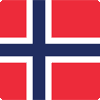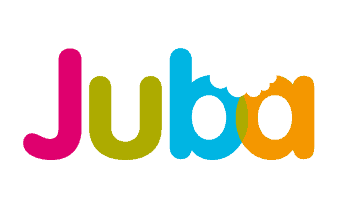To safeguard children and achieve a holistic approach FORUT works long-term with partner organisations in six countries in Asia and Africa.
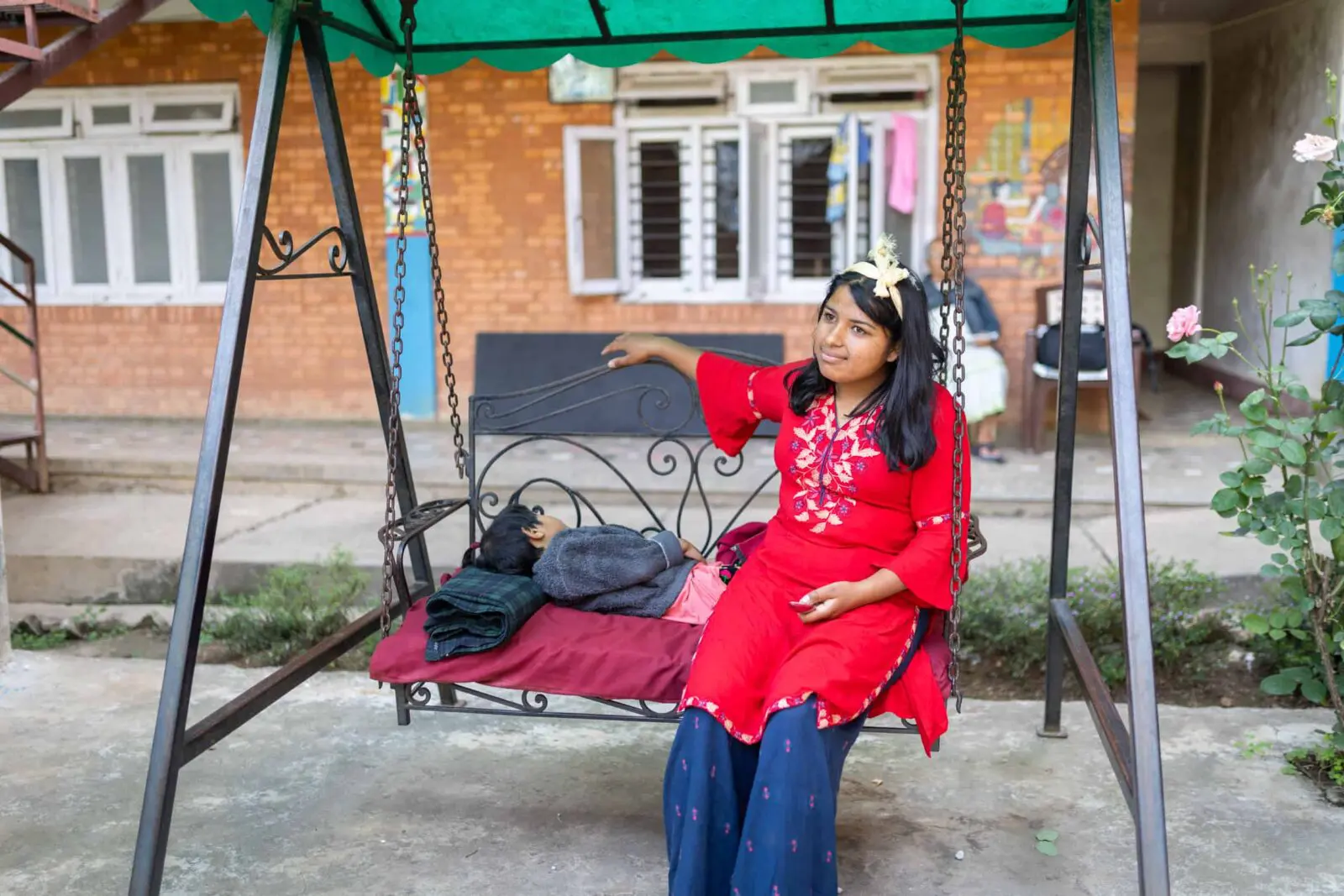
Nepal
Nepal has been a partner country with FORUT since 1994 and after the 2015 earthquake we increased our work considerable due to the reconstruction of damaged schools and the pioneer work in children’s mental health. Our main expertise is in children’s rights in combination with mental health, prevention of harms from alcohol and drugs, gender equality and food security. We have two longstanding partners in Nepal; Child Workers in Nepal (CWIN) and Rural Development Tuki Association (RDTA).
CWIN is a national child rights organisations and runs seven provincial Helplines and two transit homes for children exposed to neglect and severe violations. The temporary homes provide protection and care as well as educational support, medical care and mental health services. Additionally, CWIN has been establishing, developing and strengthening the mental health system after opening Nepal’s first psychiatric day clinic for children and youth in 2015. CWIN is also part of WHO’s SAFER alcohol control initiative which provide support to the Nepali government in order to reduce the harms from alcohol use.
RDTA is a farmer organization based in Dolakha-district and their main focus is on sustainable and climate smart farming and empowerment of women. Additionally, they collaborate with CWIN regarding strengthening children’s participation and protection, enhancing the quality of schools and access to mental health services. Development of local alcohol policies are also an important and integrated part of this work.
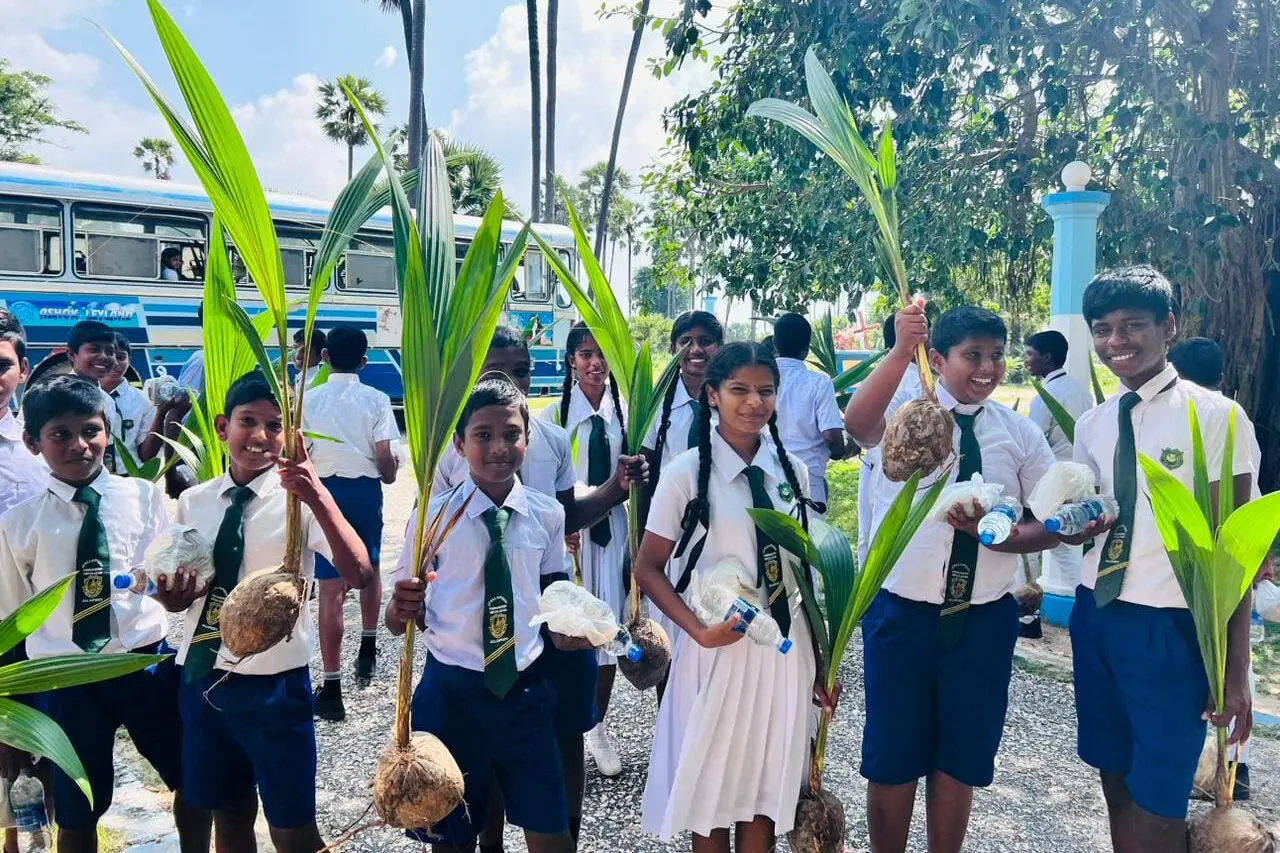
Sri Lanka
FORUT’s longest standing partner country is Sri Lanka where we work with children’s rights, gender equality and harmful substances as development hinders. We have four partner organisations in Sri Lanka, Foundation for Innovative Social Development (FISD), Recovery and Humanitarian Action Management Agency (RAHAMA), Forum for Rural Income and Environmental Development Services (FRIENDS) and Healthy Lanka Alliance for Development (HLAD) which all work with a human rights based approach.
FISD have a holistic approach and work with children’s rights, gender equality and harmful substances. This work takes the form of children’s clubs where children learn about rights and what to do when these are violated. FISD also works to reduce violence in close relations which is a very sensitive subject. To achieve an attitude change to masculinity and reduce violence they use the happy family method which targets family relations. This is supported by Community Action Teams which helps in individual cases, and the local community to understand the connection between alcohol and norms.
RAHAMA works in the north of Sri Lanka in areas affected by the civil war ending in 2009. Their main work is to increase women’s empowerment and children’s rights, and to increase income and food security. They are aslo concerned with relocating internally displaced people, especially widows and vulnerable families. They provide support many ways including temporary housing, toilets and wells.
FRIENDS work with female entrepreneurship. FRIENDS work with widows and women with no or low income to create income. They also work to change men and youth’s expectations to tobacco and alcohol.
HLAD has a focus on reducing alcohol intake and related issues such as gender based violence through mobilizing people in local communities to change their own situation. Sri Lanka has passed a strict alcohol law which HLAD helps enforce in local communities. They also provide the government with expertise.
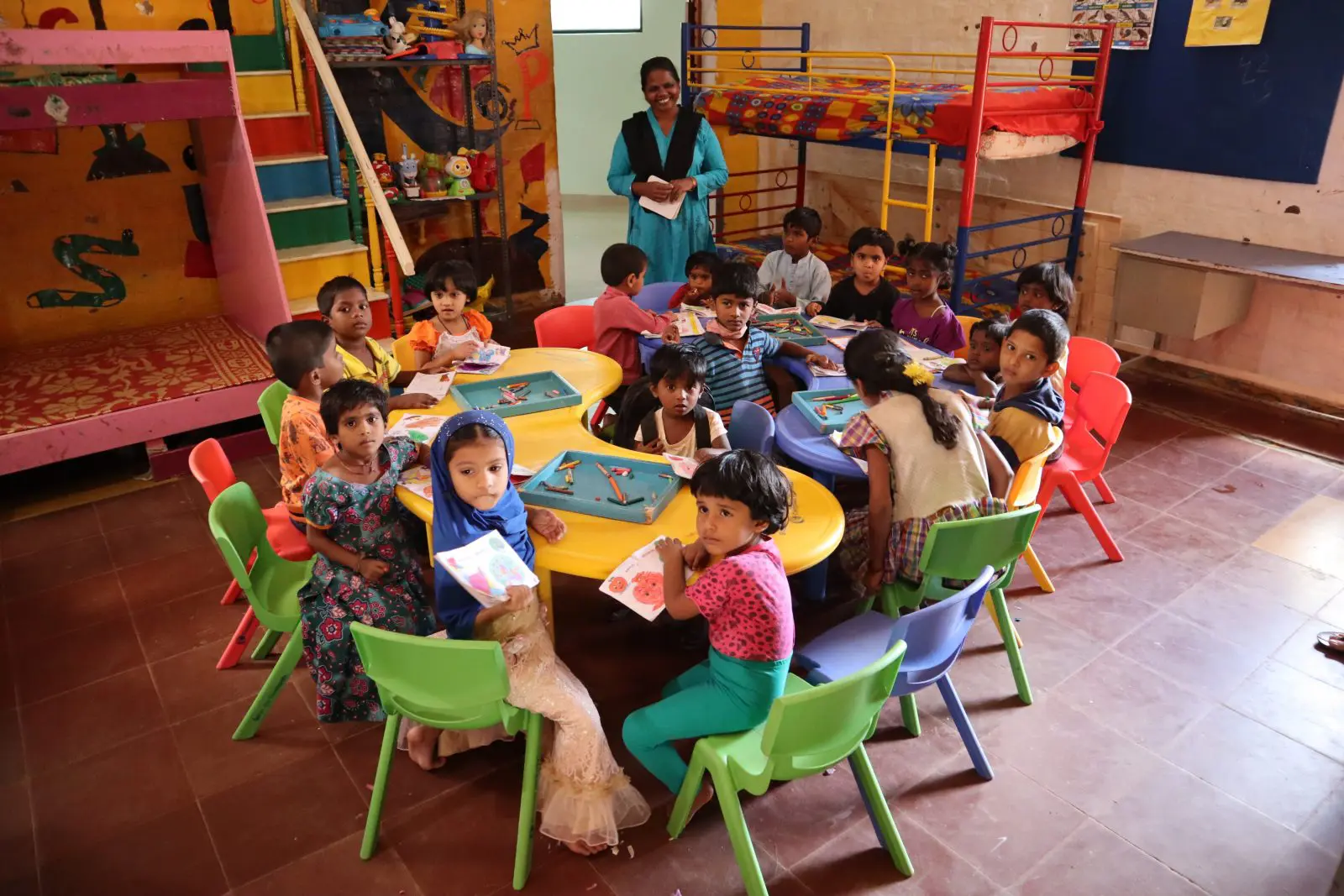
India
India surpassed China as the most populous country in 2023, with a population of 1.4 billion. Despite this, over 65% of the population being under the age of 35, significant disparities remain, and millions continue to face extreme poverty.
FORUT has been present in India since 1984, focusing on areas where poverty is most severe, particularly in the slums and rural regions of the states of Karnataka and Telangana. In these areas, access to public services like education and healthcare is severely limited. To address these challenges, we work on building resilient communities with a strong emphasis on children’s rights, gender equality, and creating opportunities for employment and income generation. Our efforts center on children and women, in partnership with two organizations: the Association for Promoting Social Action (APSA) and The Concerned for Working Children (CWC).
APSA has been working for over 40 years with communities in urban slums in Bangalore and Hyderabad. The organization’s initiatives promote women’s self-help groups, helping them achieve financial independence, empowering them to combat domestic and alcohol-related violence, and encouraging their participation in various government platforms.
CWC focuses on engaging with children, youth, and communities in the rural areas of Karnataka, where disparities in education, and all livelihoods are stark. To address these gaps, CWC emphasizes the realization of children’s rights to education, protection, and participation, particularly for those who have historically faced discrimination, such as girls, children from minority groups, children with disabilities, and working children. This is achieved by promoting the formation of collectives of children and their participation at all levels of government to ensure structural changes. CWC also works extensively to advocate for policy changes regarding women’s and rural workers’ rights.
APSA and CWC also operate open shelters for children at risk who have experienced physical, sexual, or emotional violence or neglect, and run comprehensive vocational training institutes for marginalized youth and women to improve income generation and promote gender norm changes through women’s financial independence.
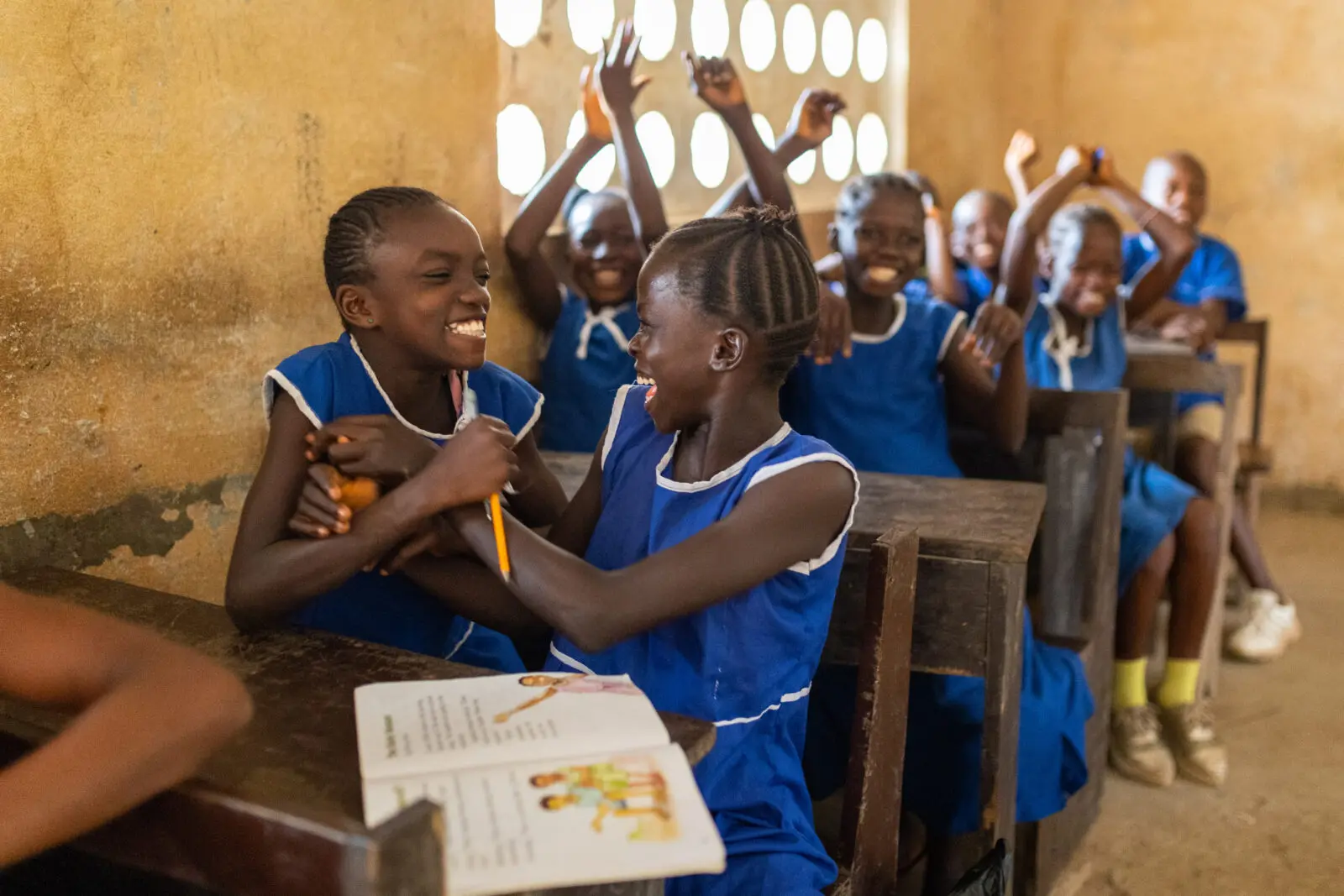
Sierra Leone
Sierra Leone is one of the least developed states in the world. Here we work with all our focus areas; gender equality, children rights, mental health and substances as a barrier for development. Through our two partner organisations Foundation for Urban and Rural Transformation (FoRUT) and Pikin-to-Pikin. We work with healthcare for women and children, education and opportunities for women to create their own income.
FoRUT works holistically to improve women and children’s situation. They work with education through children and youth groups. They also have saving – and lending groups with the aim to give women power to change their own lives. Farmer-based organisations are also a well used method to increase income and food security and to reduce gender based violence and conflict in the local society. FoRUT works extensively on the national level to improve laws and policies on gender rights and alcohol.
Pikin-to-Pikin works in the poorest areas with children rights and gender equality. Through the method “living peace” they perform conversation therapy with couples in risk of violence which as well serves to decrease violence and conflict in the local community. The groups use as well loaning and saving methods to support families and to invest to increase income. Their work also includes radio shows, panel debates and advertisement on gender based violence, child labour, child marriage and pregnancies. This work is showing results in an area where there is more reported gender based violence than at the national level.
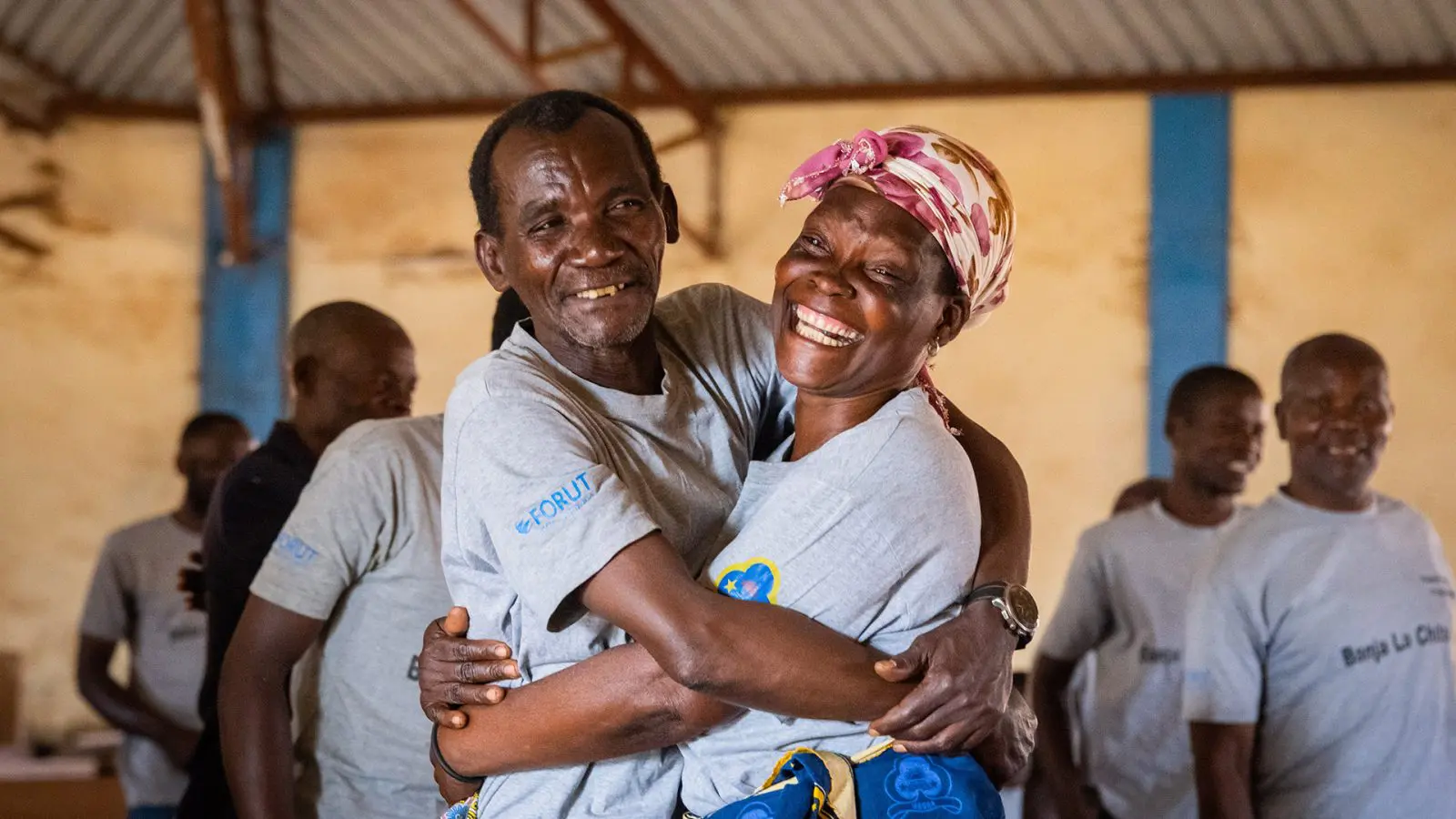
Malawi
Our work in Malawi is concentrated on gender equality, children’s rights and substances as a hinder to development. With Malawi Girl Guides Association (MAGGA) and Norwegian Church Aid (NCA) we work towards making it easier for girls and women to take charge of their lives in a male dominated society in one the world’s poorest countries.
MAGGA is the only organisation that has statutory access to every school in Malawi. This gives the organization a wide reach which they use to shield children from substance abuse. Through the “Happy-families” program MAGGA raises awareness of what women’s rights are which has resulted in positive change. Several of the women have now gain financial independence through earning income themselves.
NCA is FORUT’s second partner organization in Malawi. Early on we entered into a collaboration agreement with NCA on the project «Masculinity, Alcohol and HIV/AIDS». The goal of the project was to prevent both HIV/AIDS and alcohol problems by critically examining common beliefs about masculinity. Through conversations men are invited to reflect on gender roles and how these may harm women.
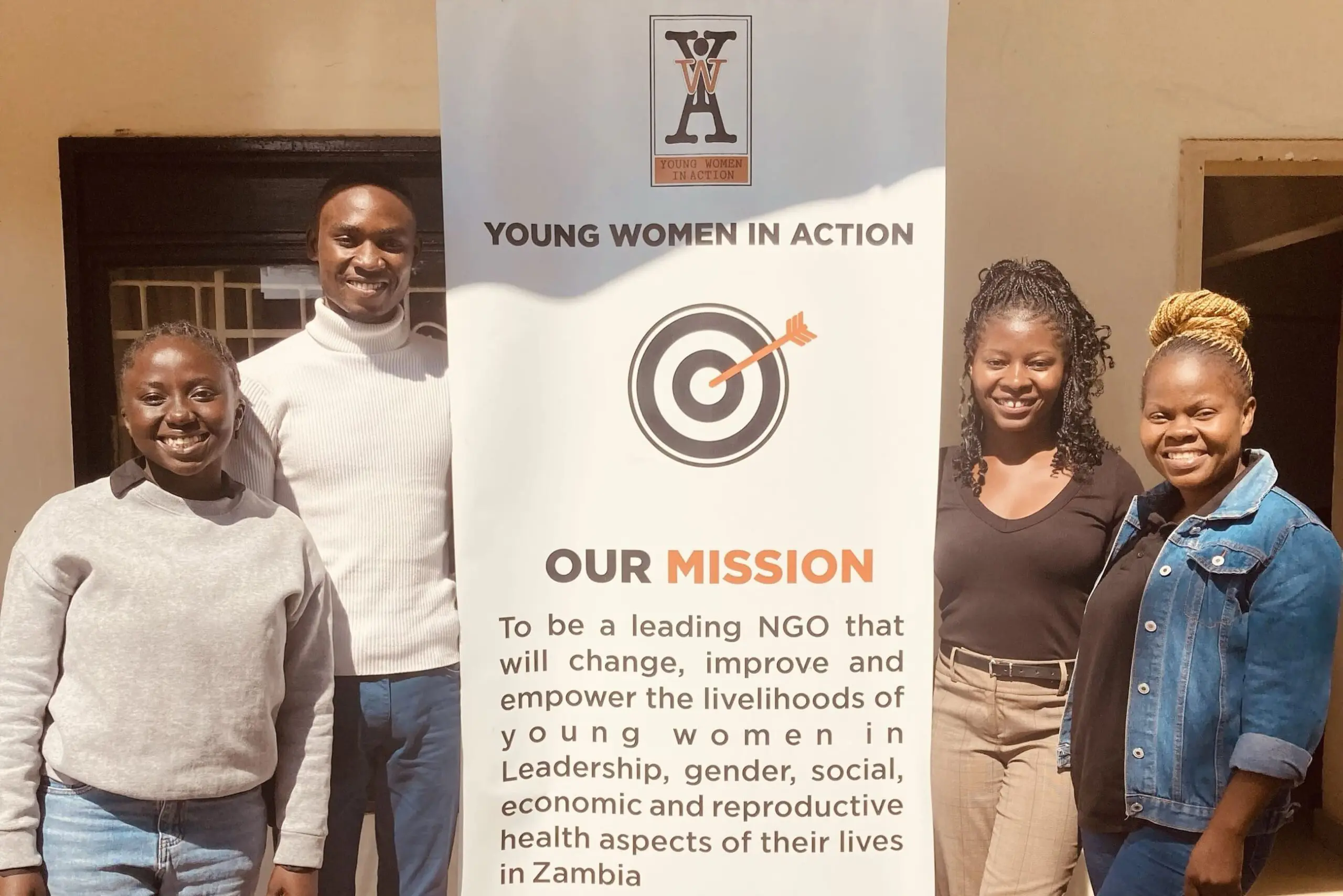
Zambia
In Zambia, FORUT partners with Young Women in Action (YWA) and The Southern African Alcohol Policy Alliance Zambia (SAAPA Zambia). FORUT’s work in Zambia focuses on improving and empowering the lives of young women as well as advocating for stricter enforcement of laws regarding alcohol sales and age limits. In 2018, the partners’ efforts led to the adoption of a new alcohol policy by the Zambian government after years of delay.
In Zambia, more than 70% of the population is younger than 30. Young Zambians are at the helm of the country’s future but inequality between genders and sexual and gender-based violence is a hinderance to inclusive development. YWA works tostrengthen the agency of women, adolescents and young people and to addresses the harmful use of drugs and alcohol.
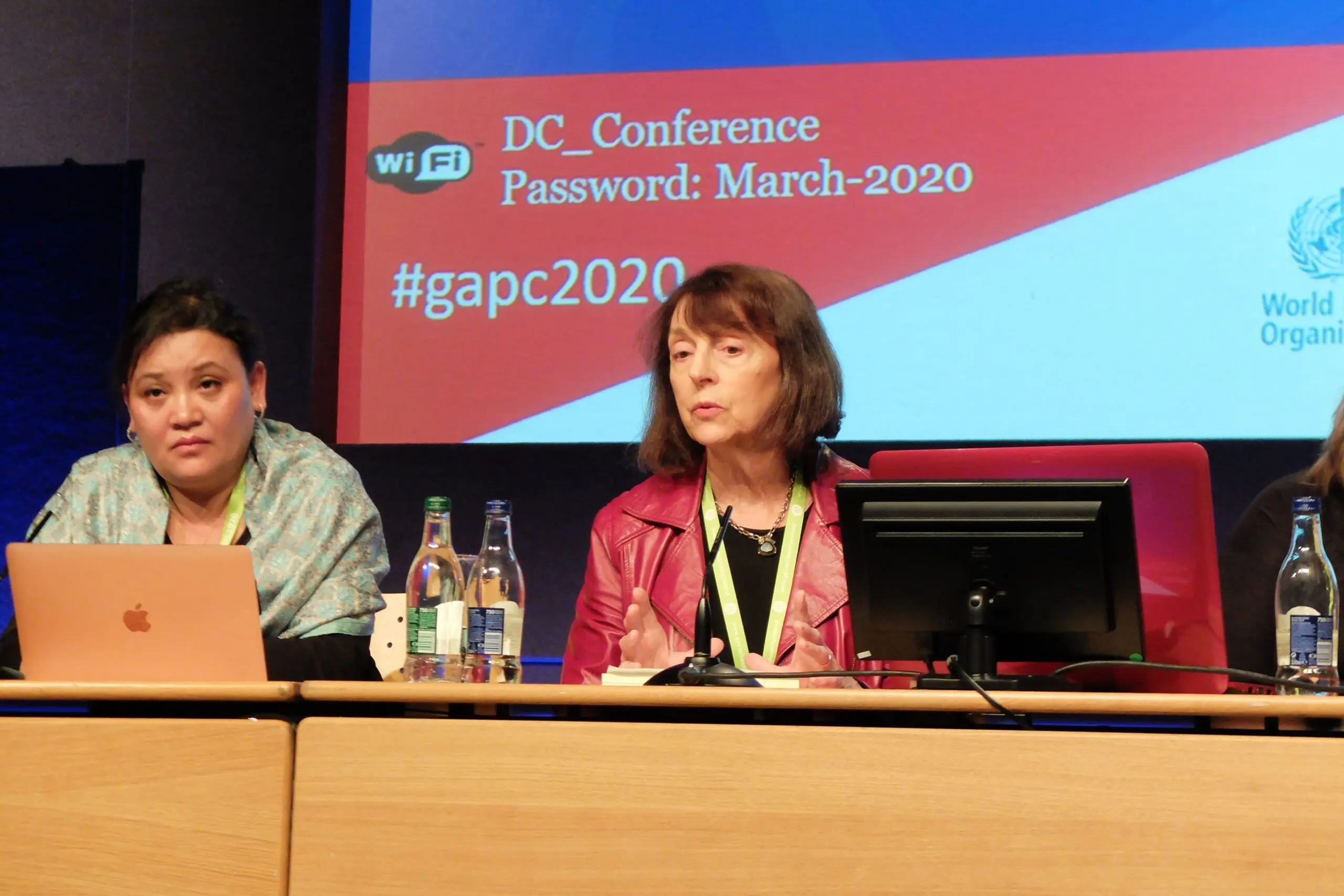
Regional and global partnerships
The Global Alcohol Policy Alliance (GAPA) is a network of non-governmental organisations and public health advocates dedicated to reducing alcohol-related harm worldwide. GAPA promotes science-based alcohol policies that are independent of commercial interests. Their work includes advocating for effective regulations, raising awareness about the impact of alcohol on health, and supporting global initiatives to reduce alcohol consumption.
The Healthy Americas’ Coalition (CLAS) promotes health policies for tobacco control, eating, physical activity and reducing alcohol consumption in Latin America. CLAS has more than 200 member organisations and provides a coherent response from civil society on health policy issues specifically on non-communicable diseases.
The Southern African Alcohol Policy Alliance (SAAPA) is a network of civil society organisations across Southern African countries (Lesotho, Botswana, Namibia, South Africa, Zimbabwe, Zambia and Malawi) which aims to promotes the harmonisation and acceleration of evidence-based alcohol policy development and implementation in the region. SAAPA argues for the advancement of public health based on current and emerging evidence.
The West African Alcohol Policy Alliance (WAAPA) is a coalition of civil society organisations with the goal of advocating and assisting in the development, implementation and evaluation of scientific-based alcohol policies and programmes in West Africa. WAAPA is providing technical assistance and/or financial support to nine countries in West Africa The countries include Nigeria, Ghana, Liberia, Sierra Leone, The Gambia, Guinea Bissau, Benin, Burkina Faso and Senegal.


